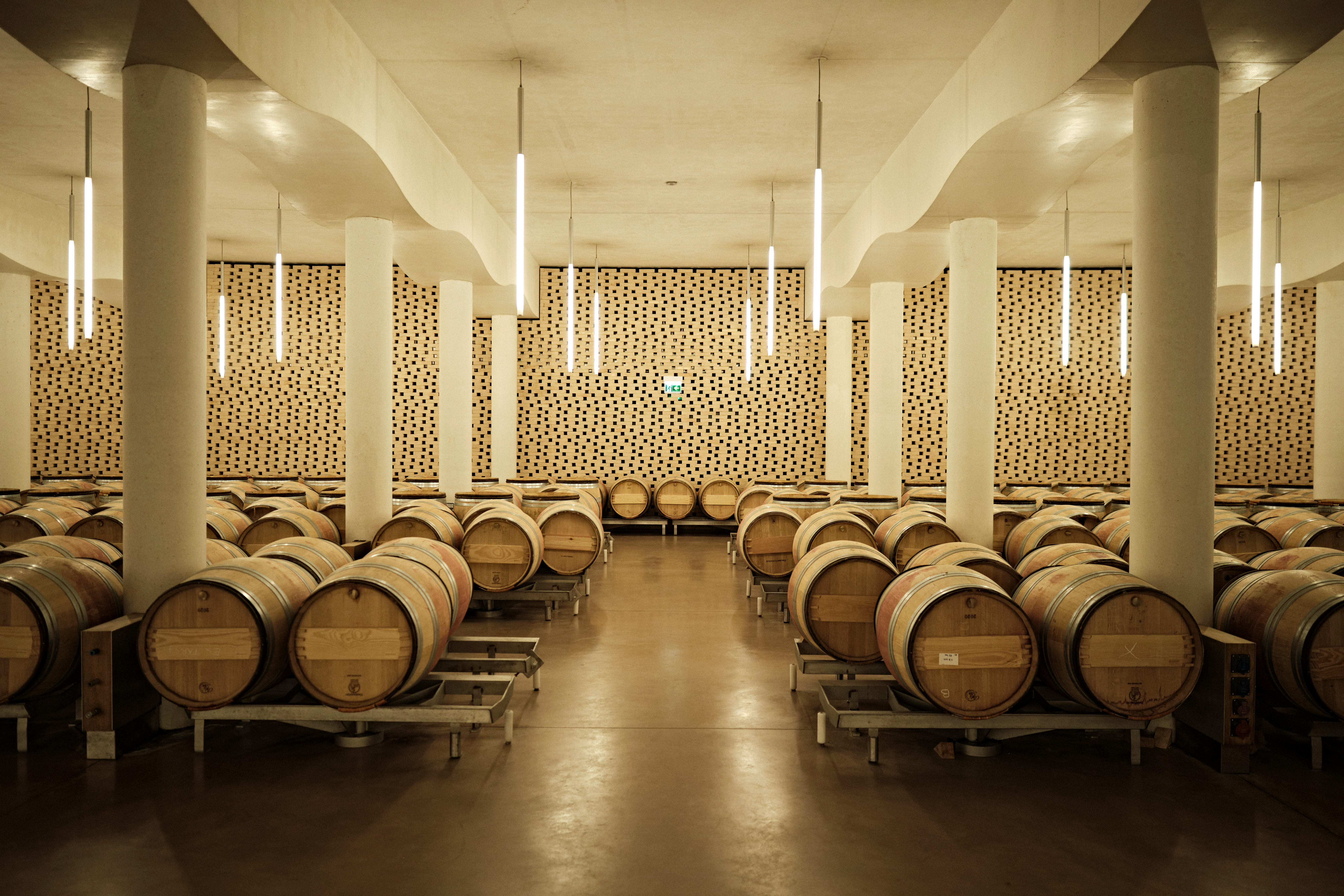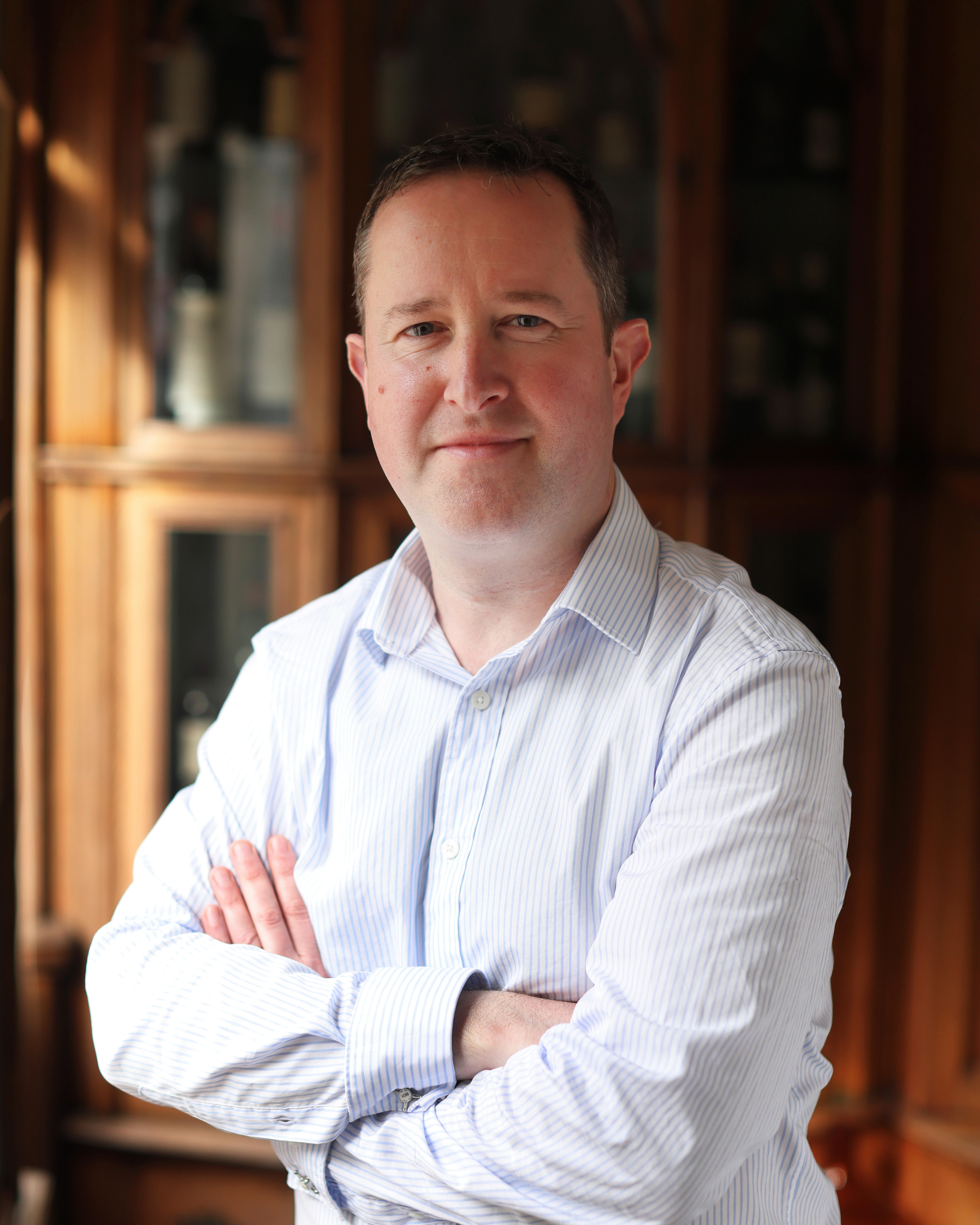Supply and demand in the world of fine wine and spirits
Four-minute read • 12th April 2022
Every year, demand for the finest wines and spirits outstrips supply. Here, we talk to our Head of Commercial Management, Martyn Rolph about how – and why – we manage our customers’ allocations.





